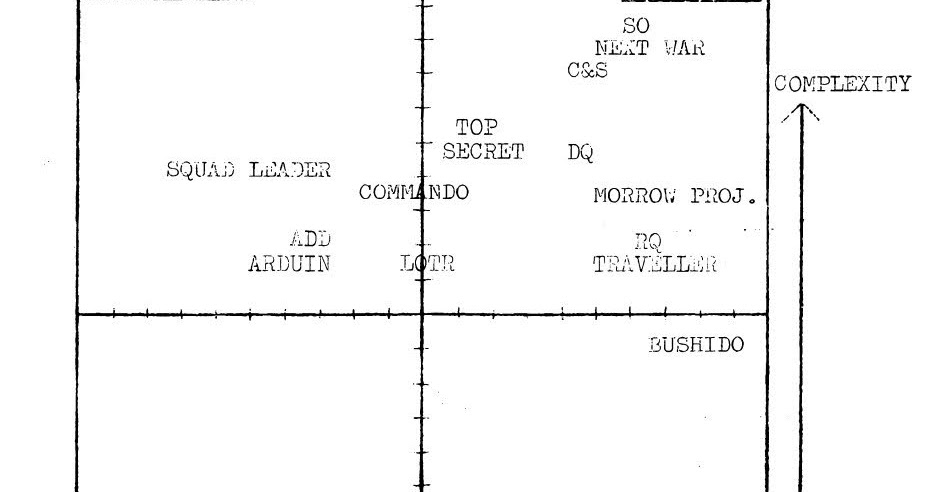The hardest, hardest, concept / mental block for me in getting deeper into the realm of exploring how and why
system matters was the recognition that yes, it really is possible to separate
causation or
rules as physics from the game without the game completely breaking down.
And I don't quite know how or when it finally clicked for me. It took a lot of banging my head against posts by
@pemerton and
@Manbearcat and
@chaochou to figure out just what in the name of Baker and Edwards they were talking about.
What do you mean, you can just allow a player make a declaration and
suddenly it just becomes true in the fiction? How can that possibly be allowed? That breaks all boundaries of "verisimilitude" and "immersion" and "consistency of the world."
I don't know how it finally stuck in my head, but the biggest part of the shift was the realization that the shared fiction was just that---
shared. And not only shared, but
constructed.
When something is
constructed, it necessarily means that the persons doing the
constructing are going to be the ones who exert the most influence over how that construction is used. The game fiction doesn't exist in a vacuum.
If the GM's views of how the fiction should be constructed were seen as privileged, it was by
assent of the group, not by any inherent position of privilege. If the fiction is constructed---created by the participants---then the real issue is no longer just the rules in and of themselves, but the process around
how the group reaches consensus/assent around what is constructed.
For whatever reason this idea was revelatory. It had never occurred to me from 1985 until 2012 that the rules' purpose isn't to be "fair" or "prevent power gaming" (though those are potentially useful metrics on an individual scale), it's to provide an avenue for group assent to
what is allowed into the fictional construct.
This had a huge impact on how I viewed RPG systems. Arguing about the minutiae of a particular PC build, or a particular spell effect, or a particular feat/edge were no longer viewed solely on "game balance" and "verisimilitude," but also from the lens of the interplay of control of the construct---what are the participants required to assent to for the mechanic to work as intended, and what constraints on the construct does that assent introduce?
It was as if I had been looking at ground telescope imagery of the galaxy, and suddenly had access to the Hubble telescope. You're looking at the same "stuff," but the view from which you behold it is an entirely different thing. All at once the assumptions behind the long-standing "GM-as-storyteller and enforcer of world consistency" were laid bare.
Suddenly the context of power gaming made significantly more sense---yes, power gaming was often seen as rude, inconsiderate, and generally a "bad faith" form of play, but the real reason it becomes pernicious is because in nearly all cases the group has
a priori assented to the idea that
propositions to change the fictional construct must necessarily be true if those changes are brought in through application of the written rules. Power gaming is "bad" because it allows the power gamer to exert more control over the content of the shared fiction. It allows them to introduce new factors into the construct, or to revise or revert existing factors. And eventually a value judgment has to be made; either the group has to assent to what has been constructed, or it has to be torn down.
I could see why 25+ years of playing nothing but Dungeons and Dragons had led to the same basic game formula / experience almost every time. And I realized that if I really wanted something different from a "D&D experience," that I was going to have to play something besides D&D.
Mechanics, action resolution, systems of magic, fighting styles, damage models and healing are conceptions of how, why, and when to allow (and disallow) change to the fictional construct. If they happen to bear a resemblance to the physics within the gameworld, it may be intentional on the part of the designer, but ultimately incidental to what's really at stake---control of the fiction.

 playingattheworld.blogspot.com
playingattheworld.blogspot.com





